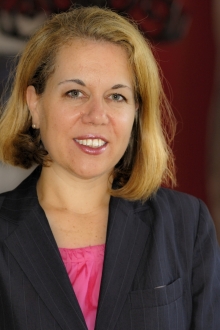This project aims to enhance expanded HIV-specific T cells from HIV patients so that T cell therapy may ultimately be a cure for HIV, either alone or in combination with other immunotherapy approaches such as vaccines. We hypothesize that T cells can be expanded ex vivo to be specific for multiple HIV antigens and that these T cells will be protected from the immunosuppressive environment found in HIV patients by artificially expressing a non-signaling receptor for TGF-beta, a cytokine found in increased levels in HIV patients that has detrimental effects on T cell activation and proliferation. The first aim of the project will develop a GMP-compliant method to expand multi-specific, functional T cells from HIV patients that can target infection.
A novel method is used for expanding HIV-specific T cell lines that simultaneously recognize multiple HIV antigens to clinically relevant numbers using overlapping peptides spanning gag, pol, and nef antigens and particular cytokine combinations that promote priming, growth, and memory formation. At the end of Aim 1, a protocol for manufacturing these multi-specific T cells will be optimized for future clinical scale-up; the breadth of the T cell response against HIV will be characterized by measuring pro-inflammatory cytokine production, cytotoxicity against antigen expressing targets, ability to suppress HIV replication in vitro; and the epitope repertoire of these T cell lines will be determined. Aim 2 will determine whether HIV- specific T cells expressing a mutant TGF-beta receptor that has a truncated, non-functional signaling domain can protect T cell function in the presence of TGF-beta. The construct has already been developed by our lab. HIV-specific T cells will be transduced with a retroviral vector encoding this mutant TGF-beta receptor, and its transduction efficiency will be determined with flow cytometry. The capacity to proliferate, express activation markers, and kill HIV infected cells in the presence of TGF-beta, in comparison to non-transduced HIV-specific T cells, will be measured to determine whether expression of this receptor may improve function of infused HIV-specific T cells in the future. Our ultimate goal is to translate the use of TGF-beta resistant, multi-specific T cells into clinical settings and eliminate the dependency on ART.


